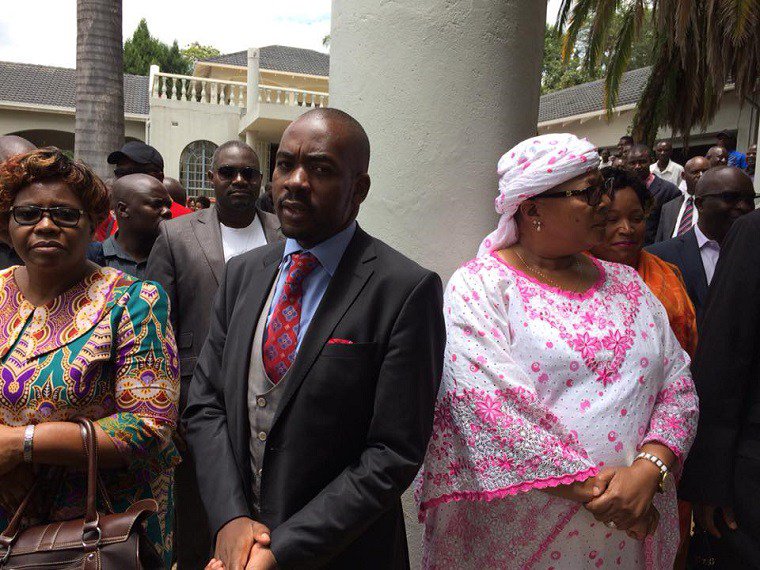By Harry Ruka Mazhindu
There is no doubt that our diversity of ethnicity makes us uniquely special; an amalgam of over 20 tribes (when we break-up the Shona group), beautiful topography and Zimbabwe’s legendary good naturalness mixed with drive and energy makes Zimbabwe a paradise of sorts.
Deeper, the fissures along partisan politics that open up at every electoral cycle are evident. There is no guessing whether an eruption looks more or less likely as we gear up for the harmonised elections in July/August. Yet it is wise to err on the side of skepticism lest that paradise is tainted has was the case in 2008 where an estimated 200 mostly opposition supporters were killed while thousands more were internally displaced with some scarring for cover in neighbouring countries.
The formation of the opposition in 1999 brought about intense competition for the ruling ZANU-PF that has responded aggressively to protect its power base whilst facing stiff competition in 2000 parliamentary election, 2002 presidential election, 2005 parliamentary election and the messy 2008 harmonised election that led to the formation of a Government of National Unity (GNU) between ZANU-PF led by former president Robert Mugabe and the two MDC formations led by the late prime minister Morgan Tsvangirai and Professor Arthur Mutambara.
History has therefore shows that there is heightened tension, intolerance of divergent opinion as the jostling for advantage and power takes centre stage. There is need for voters to move away from personality-driven elections to issues – based elections were manifestos and debates are used as the key to inform voter choices.
While there are reports of people being asked to provide serial numbers of their registration slips which is a form of violence in another form, no effort should be spared to ensure that the centre holds and that the country remains united, but peaceful going into the watershed harmonised elections that former Cabinet minister Professor Jonathan Moyo has called the most important national elections after the 1980 democratic general elections. This may hold true because these will be the first general elections without fierce arch rivals Robert Mugabe and Morgan Tsvangirai in nearly two decades.
The scars from the 2008 post-election violence are still fresh. This, if nothing else, makes a good case for maintaining the peace. The burden to uphold peace cannot rest on government alone. Each citizen has a role to play in ensuring that peace holds at all times even post-election, a time that most violence degenerate because of disagreements on the outcome of the elections. Voters should therefore resist the seed of discord that is invariably planted by power hungry distracters.
Political differences should not stop us from embracing every Zimbabwean. As we go for the national elections, we should strive to make a difference while staying together despite our political divergence we should be solidified by the inconvenience, the suffering and the hardship we go through each day, alone. We should not lose focus on the bigger picture that is making Zimbabwe better for all.
Voters should be able to understand that elections are a contest of ideas rather than physical power. Political leaders should also take a position and denounce any form of violence and preach peace and unity. We have to keep in mind that the National Peace and Reconciliation Commission has performed below expectations considering that it only became operational a few months ago. However, The Zimbabwe Human Rights Commission has been making positive progress releasing damming reports of political motivated violence case in point being the Hurungwe west by-election violence in 2016.
After a number of media reports on voter intimidation through demanding of voter registration slips, the Zimbabwe Electoral Commission and other arms of government needs to win back public confidence that besides barking, it can actually bite those who breach peace. There has to be a radical departure from the past where politicians were untouchable and rode roughshod on other Zimbabweans.
